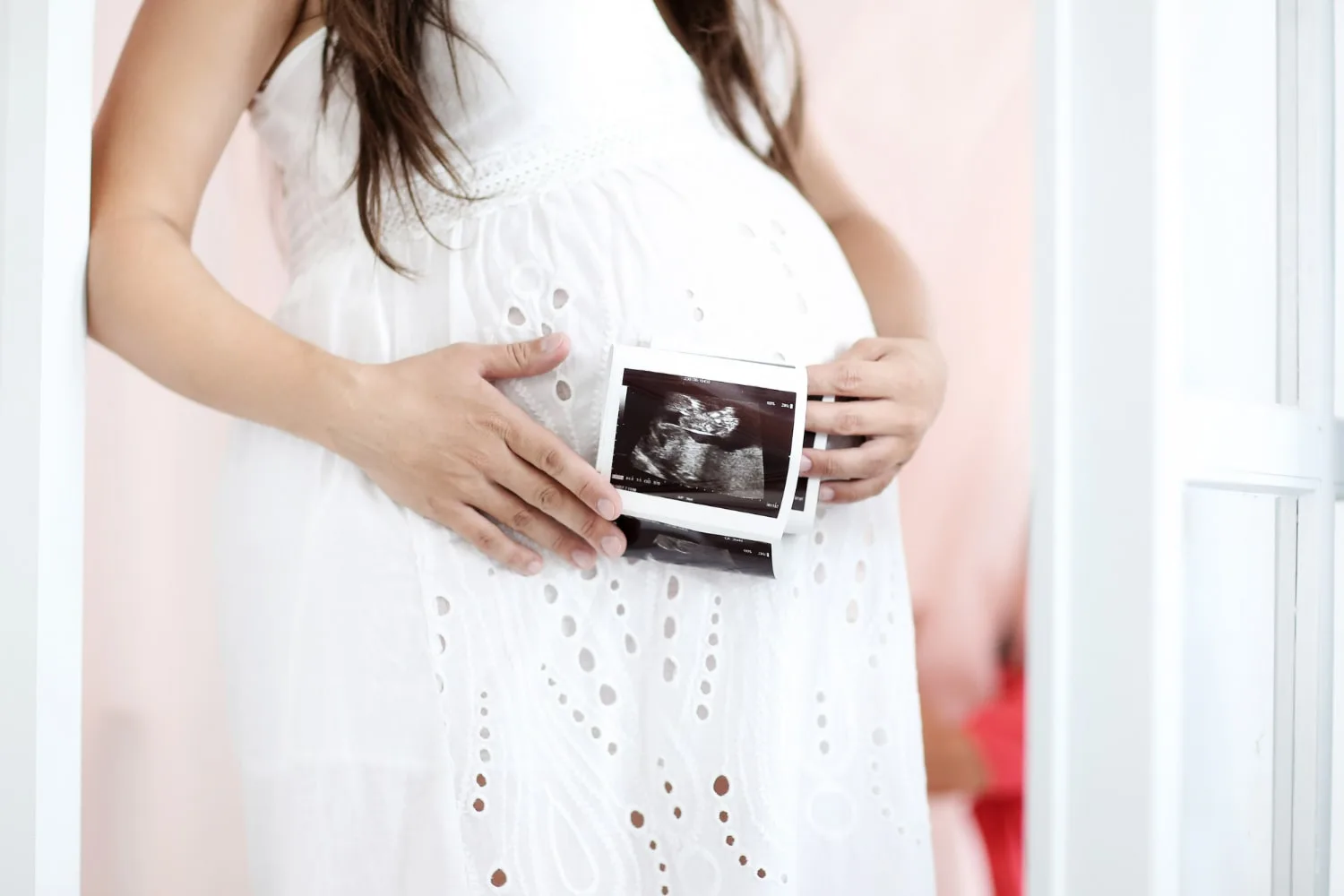Introduce detailed guidance to ectopic pregnancy. In this article, we’ll understand the details of this medical condition, covering everything from its symptoms and causes to the treatment options available. If you’re looking for in-depth information on this topic, you’ve come to the right place.
What is Ectopic Pregnancy?
it occurs when a fertilized egg implants outside the uterus, usually in a fallopian tube. This condition is also called tubal pregnancy. It is important to understand that this pregnancy may not progress normally and if left untreated, it can pose a serious threat to the health of the mother.
Symptoms of Ectopic Pregnancy

Recognizing the signs and symptoms of this topic is important for early detection and timely intervention. Although symptoms can vary from person to person, common indicators include:
Abdominal pain: Sharp, stabbing pain in the lower abdomen is a common symptom of this pregnancy. The pain may be aggravated by physical activity or sudden movement.
Vaginal bleeding: Light vaginal bleeding that is different from normal menstruation is another possible sign. Bleeding may also be accompanied by pelvic pain.
Shoulder pain: In some cases, shoulder pain may occur due to internal bleeding irritating the diaphragm due to this pregnancy. Weakness or dizziness: Dizziness, weakness, or lightheadedness may indicate internal bleeding associated with an ectopic pregnancy.
Nausea and vomiting: Some individuals may experience gastrointestinal symptoms similar to morning sickness during a normal pregnancy.
If you experience any of these symptoms, it is important to seek medical help immediately.
Causes of Ectopic Pregnancy
Several factors can increase the risk of this pregnancy. Understanding these factors can help individuals make informed decisions regarding their reproductive health. Common causes include:
Fallopian tube problems: Damage or abnormalities in the fallopian tubes, often caused by infection, surgery, or previous pregnancies, can increase the risk of this pregnancy.
Hormonal imbalance: Certain hormonal imbalances can affect the movement of the fertilized egg through the fallopian tubes, which can lead to pregnancy.
Previous fertility complications: Women who have experienced previous ectopic pregnancies or certain fertility treatments may be at a higher risk.
Smoking: Tobacco use, especially smoking, can increase the chances of this pregnancy.Birth control methods: Although rare, birth control methods such as intrauterine devices (IUDs) can sometimes cause ectopic pregnancies.
Diagnosis and Treatment Options
Early diagnosis is important for successful treatment of this pregnancy. When you suspect this pregnancy, your healthcare provider will perform a thorough evaluation, including:
Pelvic exam: Your doctor will check for any abnormalities or tenderness in your reproductive organs.
Blood tests: Measuring the level of the hormone human chorionic gonadotropin (HCG) in your blood can help detect this pregnancy.
Ultrasound: An ultrasound scan will allow your healthcare provider to visualize the location of the pregnancy and confirm an ectopic pregnancy.
Treatment options for an ectopic pregnancy depend on a variety of factors, such as the stage of pregnancy and the presence of complications. First aid options include:
Medication: In the early stages of an ectopic pregnancy, a drug called methotrexate may be prescribed to stop the pregnancy from growing.
Surgery: In more advanced cases or if there is a rupture or severe bleeding, surgical intervention may be necessary. Laparoscopic surgery is the most common procedure to remove an ectopic pregnancy while preserving the fallopian tubes.
Emotional Support and Coping Strategies
Dealing with an ectopic pregnancy can be emotionally challenging for individuals and their partners. It is important to have emotional support during this time. Support groups, counseling services and online communities can provide a safe space to share experiences, express feelings and find solace.

Final Thoughts on ectopic pregnancy
In conclusion, ectopic pregnancy is a serious medical condition that requires immediate medical attention. To effectively manage an ectopic pregnancy, it is important to recognize the symptoms, understand the causes, and know the treatment options available.
By providing this comprehensive guide, we aim to empower individuals with the knowledge they need to make informed decisions about their reproductive health.
Remember, early detection and treatment can greatly improve outcomes and reduce the complications associated with ectopic pregnancy. If you suspect an ectopic pregnancy or experience any concerning symptoms, please consult your healthcare provider immediately.
For more blogs, you can click on
Life Expectancy with Fatty Liver Disease-Best Strategies for Improvement



